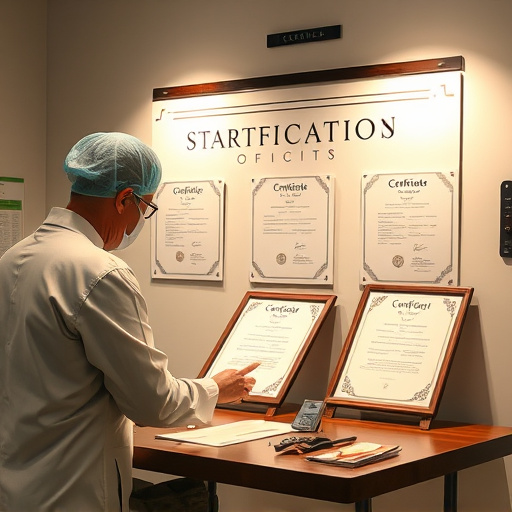Executive Orders in California have significantly driven environmental policies, particularly through mandating CARB-compliant air intakes for vehicles. These orders encourage automotive manufacturers to design cleaner, more efficient vehicles, enhancing both sustainability and market regulation within the state. While this presents challenges for local manufacturers, adapting to these standards is crucial for long-term competitiveness and staying compliant with California's stringent environmental regulations.
“Unveiling the intricacies of Executive Order numbers, this article delves into their profound impact on CARB-compliant air intakes in California. We explore how these orders, embedded within a robust legal framework, dictate standards for the automotive industry.
From the perspective of manufacturers, understanding and adhering to these directives are paramount. This piece examines the compliance challenges and strategic adaptations required to navigate the evolving regulatory landscape, ensuring continued operation within California’s stringent environmental standards.”
- Understanding Executive Orders: Their Role and Impact on CARB-Compliant Air Intakes in California
- The Legal Framework: How These Orders Shape Automotive Industry Standards
- Implications for Manufacturers: Ensuring Compliance and Adapting to Change
Understanding Executive Orders: Their Role and Impact on CARB-Compliant Air Intakes in California

Executive Orders play a pivotal role in shaping policy and regulations, including those related to environmental standards. In the context of California, Executive Orders have significantly influenced the development and implementation of CARB-compliant air intakes. These orders empower the Governor and relevant authorities to establish guidelines ensuring vehicle emissions meet strict environmental criteria.
By issuing such orders, California’s government can drive innovation in the automotive sector, encouraging manufacturers to design and produce cleaner vehicles. This is particularly notable with CARB-compliant air intakes, which are designed to reduce harmful emissions while maintaining optimal engine performance. The impact extends beyond environmental benefits, as these orders contribute to a more sustainable and regulated market for vehicle components, including air intakes, in the Golden State.
The Legal Framework: How These Orders Shape Automotive Industry Standards

Executive orders play a significant role in shaping industry standards, particularly in the automotive sector. In the context of the United States, these directives have been instrumental in setting environmental and safety regulations, with a particular focus on vehicle emissions. One such influential order is the mandate for CARB-compliant air intakes, specifically tailored to meet the standards of California’s Air Resources Board (CARB).
By mandating CARB-compliant air intakes, executive actions ensure that vehicles sold or operated within California adhere to stringent environmental protections. This initiative has driven significant advancements in automotive technology, encouraging manufacturers to design and implement cleaner combustion systems. As a result, the automotive industry has seen the development of more efficient engines and innovative filtration systems, contributing to reduced emissions and improved air quality in the state.
Implications for Manufacturers: Ensuring Compliance and Adapting to Change

Manufacturers across California are facing a new reality as a result of executive orders aimed at enhancing environmental standards, particularly focusing on CARB-compliant air intakes. These regulatory changes present both challenges and opportunities for businesses in the manufacturing sector. The primary implication is the need for manufacturers to ensure compliance with these stricter emission regulations, which often requires significant adaptations to their existing processes and products.
Adapting to this new landscape means investing in research and development to design and implement CARB-compliant air intake systems. Manufacturers must stay abreast of evolving standards and technologies to meet the changing demands. This transition may involve substantial upfront costs but is crucial for long-term sustainability, ensuring their products remain legal and competitive in the California market.
Executive orders play a pivotal role in shaping automotive industry standards, particularly regarding CARB-compliant air intakes in California. By understanding these orders and their legal framework, manufacturers can navigate the evolving landscape and adapt to necessary changes. Ensuring compliance is crucial for maintaining a vibrant market in the Golden State, where innovation and environmental stewardship go hand in hand.














